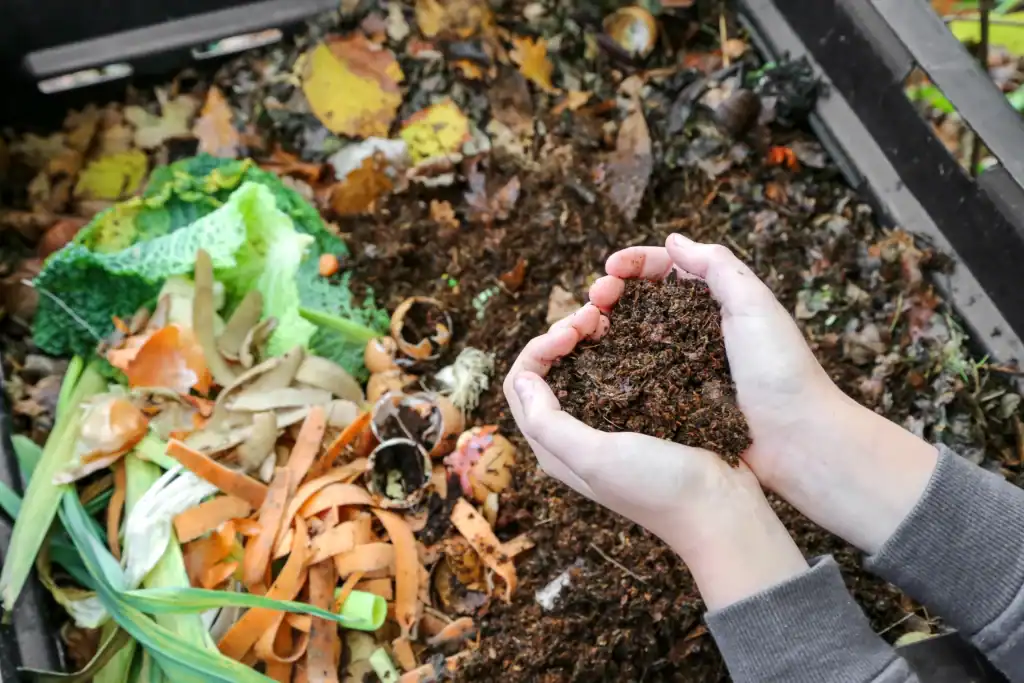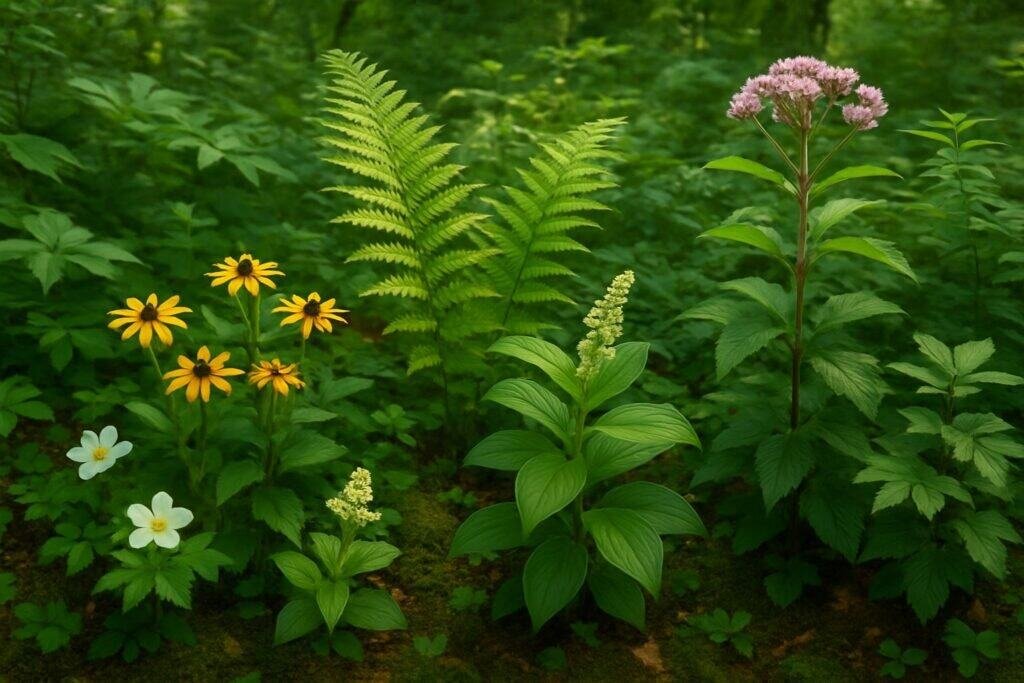Introduction
Composting is a simple yet powerful way to recycle organic waste and transform it into nutrient-rich compost that benefits your garden. By turning kitchen scraps and yard waste into “garden gold,” you can improve soil health, boost plant growth, and contribute to environmental sustainability. At Soil Matters, we believe in the power of composting, and in this blog, we’ll explore the amazing benefits of composting and how you can get started.
What is Composting?
Composting is the natural process of breaking down organic materials, such as food scraps and yard waste, into a rich, dark substance called compost. This process is driven by microorganisms, fungi, and invertebrates that decompose the organic matter, resulting in a nutrient-dense soil amendment.
The Amazing Benefits of Composting
1. Improves Soil Health
Compost enhances soil structure, increasing its ability to retain moisture and nutrients while improving drainage. This creates an ideal environment for plant roots to grow and thrive.
2. Boosts Plant Growth
Compost provides a slow-release source of essential nutrients, such as nitrogen, phosphorus, and potassium, which are crucial for healthy plant growth. It also supplies micronutrients that are often lacking in synthetic fertilizers.
3. Reduces Waste
Composting diverts kitchen scraps and yard waste from landfills, reducing methane emissions and lowering your carbon footprint. By composting, you can significantly reduce the amount of waste you send to the landfill.
4. Supports Beneficial Microorganisms
Compost fosters a healthy soil ecosystem by promoting the growth of beneficial microorganisms. These microorganisms help break down organic matter, fix nitrogen, and suppress soil-borne diseases.
5. Saves Money
By producing your own compost, you can save money on commercial fertilizers and soil conditioners. Composting also reduces the need for water and pesticides, as healthy soil retains moisture better and supports stronger, more resilient plants.
How to Start Composting
Step 1: Choose a Composting Method
There are several composting methods to choose from, depending on your space and preferences:
- Traditional Compost Pile: Ideal for larger yards, a compost pile allows you to compost a significant amount of organic material.
- Compost Bin: Suitable for smaller spaces, a compost bin keeps the compost contained and can be more aesthetically pleasing.
- Vermicomposting: Using worms to break down organic matter, vermicomposting is perfect for indoor composting and produces highly nutrient-rich compost.
Step 2: Collect Organic Materials
Gather a mix of green (nitrogen-rich) and brown (carbon-rich) materials:
- Green Materials: Fruit and vegetable scraps, coffee grounds, grass clippings, and eggshells.
- Brown Materials: Dry leaves, straw, newspaper, cardboard, and wood chips.
Step 3: Build Your Compost Pile
Layer green and brown materials to create a balanced compost pile. Aim for a ratio of about 2-3 parts brown materials to 1 part green materials. This balance ensures proper decomposition and prevents odors.
Step 4: Maintain Your Compost
- Turn the Pile: Regularly aerate your compost pile by turning it with a garden fork or compost tumbler. This introduces oxygen and speeds up the decomposition process.
- Monitor Moisture: Keep the compost moist but not waterlogged. The consistency should be similar to a wrung-out sponge. Add water if it’s too dry or dry materials if it’s too wet.
- Be Patient: Composting takes time. Depending on the method and materials, it can take several months to a year for compost to fully mature.
Using Your Finished Compost
Once your compost is dark, crumbly, and has an earthy smell, it’s ready to use. Here are some ways to incorporate compost into your garden:
- Soil Amendment: Mix compost into garden beds to improve soil structure and fertility.
- Mulch: Apply a layer of compost around plants to retain moisture, suppress weeds, and regulate soil temperature.
- Potting Mix: Blend compost with potting soil to create a nutrient-rich mix for container plants.
- Compost Tea: Steep compost in water to create a nutrient-rich liquid fertilizer that can be used as a foliar spray or soil drench.
Conclusion
Composting is an easy and rewarding way to turn kitchen scraps and yard waste into valuable compost that enhances your garden’s health and productivity. By starting a composting routine, you can reduce waste, save money, and contribute to a more sustainable environment. At Soil Matters, we encourage everyone to embrace composting and experience the incredible benefits of turning “kitchen scraps to garden gold.”
For more tips on composting and sustainable gardening practices, visit Soil Matters and explore our resources on creating a thriving, eco-friendly garden.


